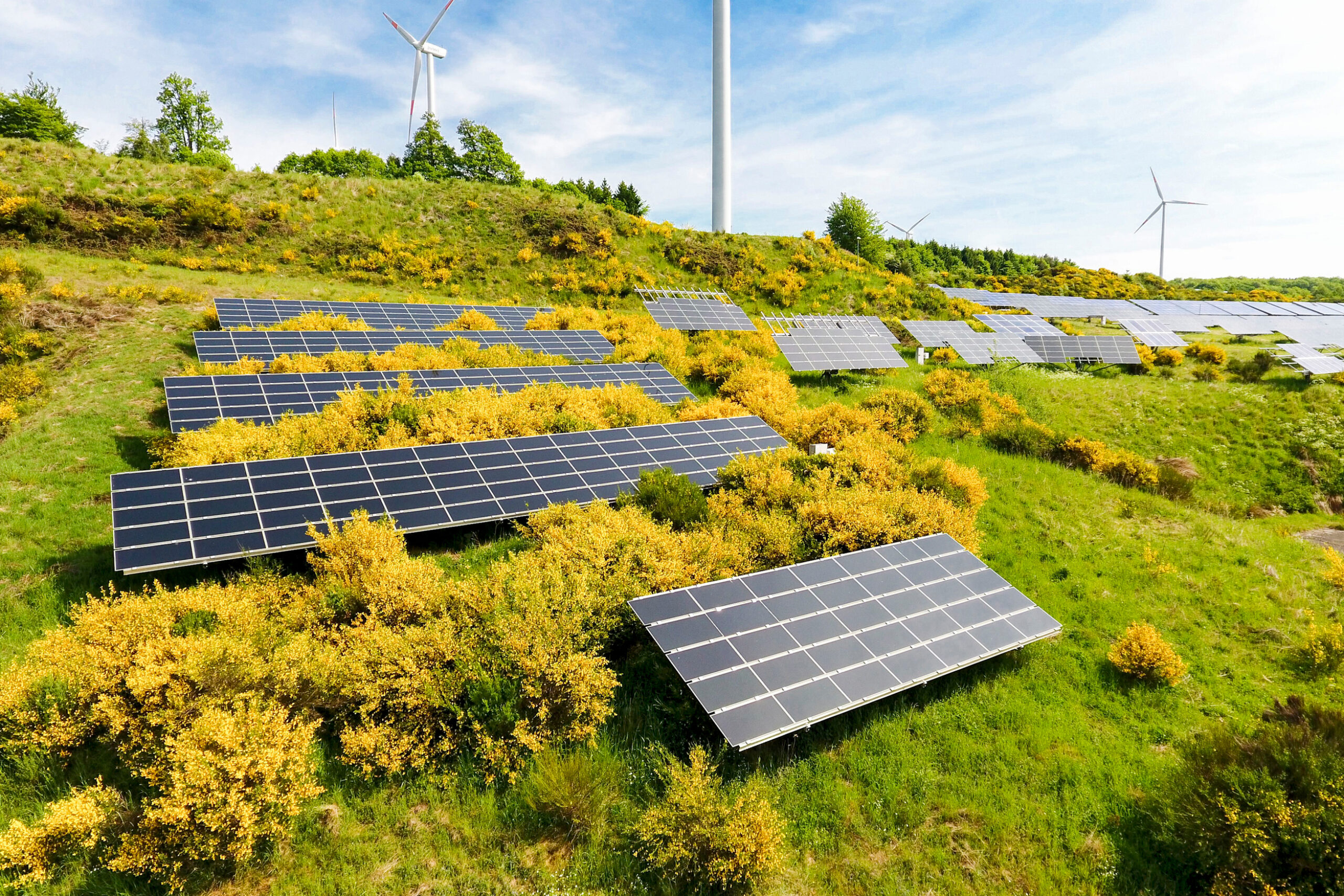
The government has committed to a legally binding net zero greenhouse gas emissions target by 2050, and promised to leave the environment in a better state for the next generation. However, ministers are currently seriously off track to actually delivering on these promises. In a climate and nature emergency, what really matters is action, not just words.
The government needs to put its money where its mouth is and invest now to help deliver the solutions we urgently need if we are serious about tackling this climate emergency. As outlined in Greenpeace’s climate manifesto, our buildings need to be insulated, our transport systems need to be electrified, our forests and oceans need to be protected and restored, and there needs to be support for workers and communities to transition to cleaner jobs. But these things can only happen if we properly invest the funds to do that.
Greenpeace has worked closely with CAFOD, Friends of the Earth, Green Alliance, Islamic Relief, the National Federation of Women’s Institutes, the RSPB and WWF to calculate how much money is needed to deliver these solutions and get us on track to a greener and fairer economy. The groups have estimated that public spending on climate and the environment needs to be doubled, which means we need to see an investment of at least £42 billion per year over the next three years.
That’s roughly the same amount we currently spend on secondary education and defence and works out at around 5% of overall government spending. Like education, spending to tackle the climate and nature emergency should be considered as a long term investment in the future.
As well as creating thousands of jobs, investing in the right infrastructure will make Britain a cleaner, healthier and safer place to live. Warmer homes will cut energy bills. Cleaner air will cut costs from air pollution and help save lives. Better public transport will ease congestion. Nature restoration will reduce flood risk, boost tourism and improve mental health. Furthermore, experts have shown that the economic costs of not tackling climate change would be much greater than investing and dealing with the problem straight away.
A lot of the money that is needed could be made available from phasing out £10 billion worth of fossil fuel subsidies, and redirecting funds from high-carbon projects such as road building (£25 billion) and Heathrow expansion (£16 billion), which make net zero more difficult and expensive to reach. The government could also introduce a reformed tax system to help shift behaviour away from polluting activities, while helping to address adverse social consequences of the transition. For example, a frequent flyer levy would ensure that the burden of aviation tax falls on those who fly most frequently.
The sums are simple: if we invest a small percentage of the UK’s overall expenditure now, we can tackle the climate and nature emergency and set the path towards a greener and fairer economy. Download and read the full report for more details.
The chancellor Sajid Javid has been urged in a letter signed by a broad group of civil society organisations to deliver a climate and nature emergency budget in the September 2019 Spending Round.